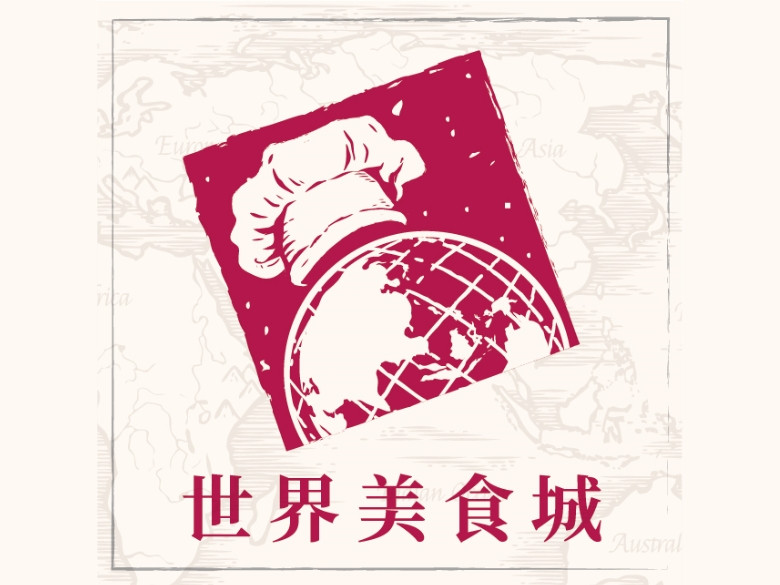To Enter the Markets in ID and MY, You Must Learn about Halal Food
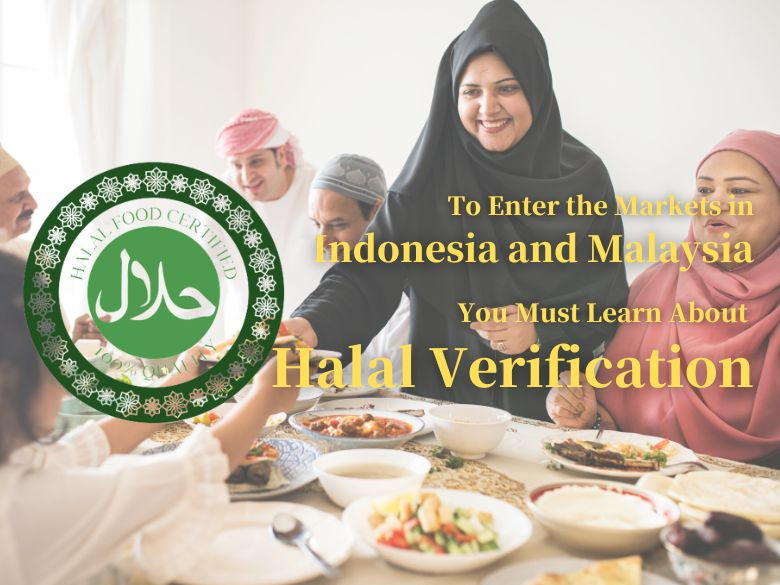
A large number of companies set Indonesia and Malaysia as targets for business expansion, considering that both countries have large-scaled markets in Southeast Asia. According to statistics in 2020, Indonesia was populated by 270 million people, making it the fourth most populated country in the world. On the other hand, Malaysia was populated by 32 million people. With muslims as the majority, the two countries are known as the most powerful Southeastern states of the Islamic world. As a result, if you want to promote your F&D business or export F&D products to Indonesia or Malaysia, Halal verification will be the very first threshold for your cross-border trade. Today, we’re introducing the essential step for food business expansion: Halal verification.
Why Should I Apply for Halal Verification?
What is Halal Verification?
Halal verification is a confirmation that every process of production – including ingredient selection, manufacturing, processing, and packaging – complies with Islamic laws. Muslims purchase verified products so that they won’t violate the teachings.
Halal food is labeled on the package with a sticker saying “Halal” in English as well as “حلال” in Arabic, which means “legal” or “allowed”. On the other hand, foods that don't comply with Islamic laws are called “Haram (حرام)”, meaning “against the laws” or “prohibited”.
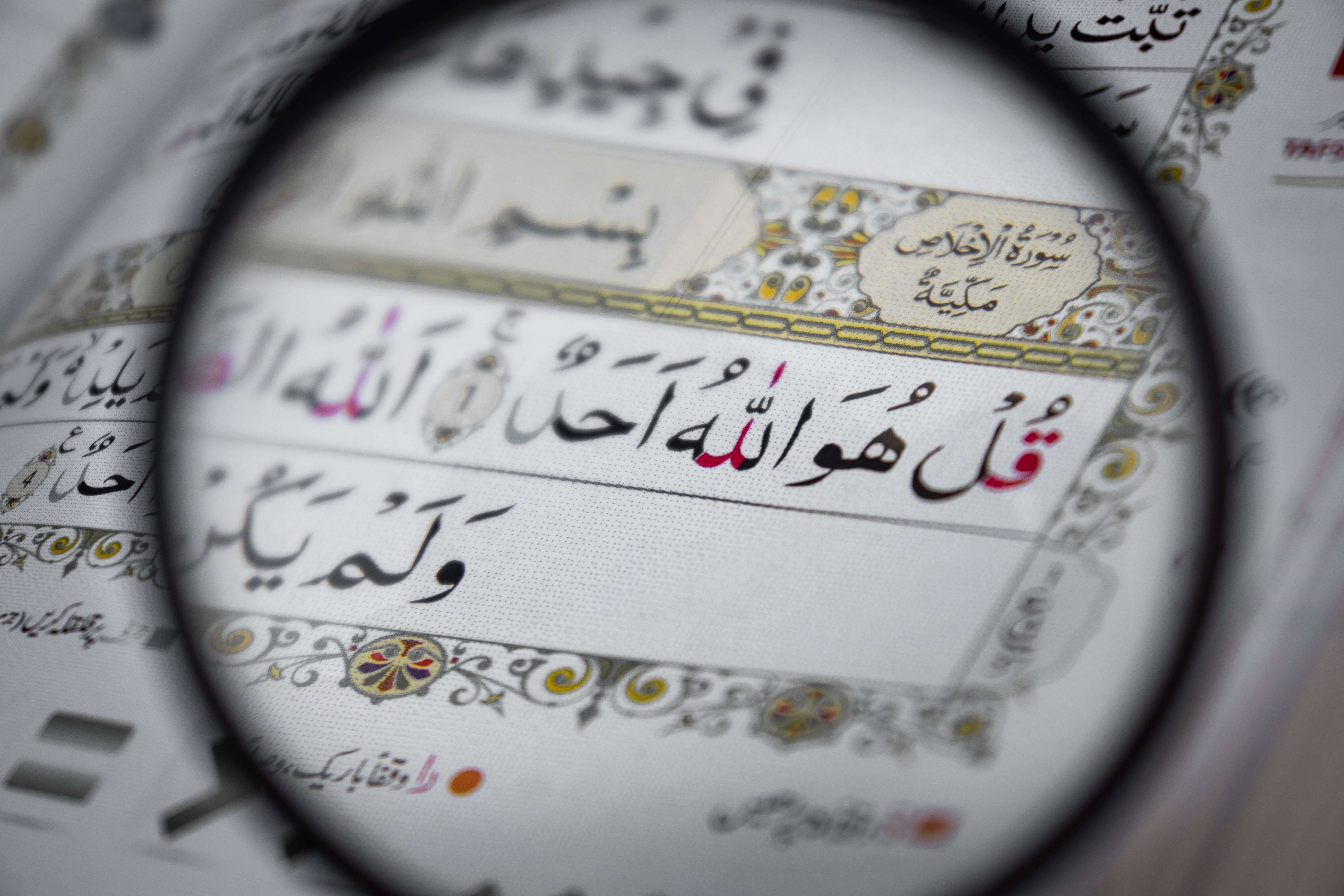
To ensure the liberty of religion, any product planned to export to countries with large populations of muslim has to go through Halal verificaiton. In addition to the product itself, relevant services involving ingredient supply, processing, or packaging may apply for Halal verification as well.
Halal Food Standards
Due to Muslim dietery restrictions, not every product can be certified as Halal food. For example, any product with animal-derived ingredients isn’t allowed to contain:
- Ingredients obtained from pig, such as pork, lard, pork blood, and more
- Certain predators with fangs
- Amphibians and reptiles
If the product contains meat, the meat has to be produced via halal slaughter. In the practise, the butcher must be a muslim, recite Quran before cutting, and ensure that the esophagus, trachea, and blood veins are disconnected by the cutting.
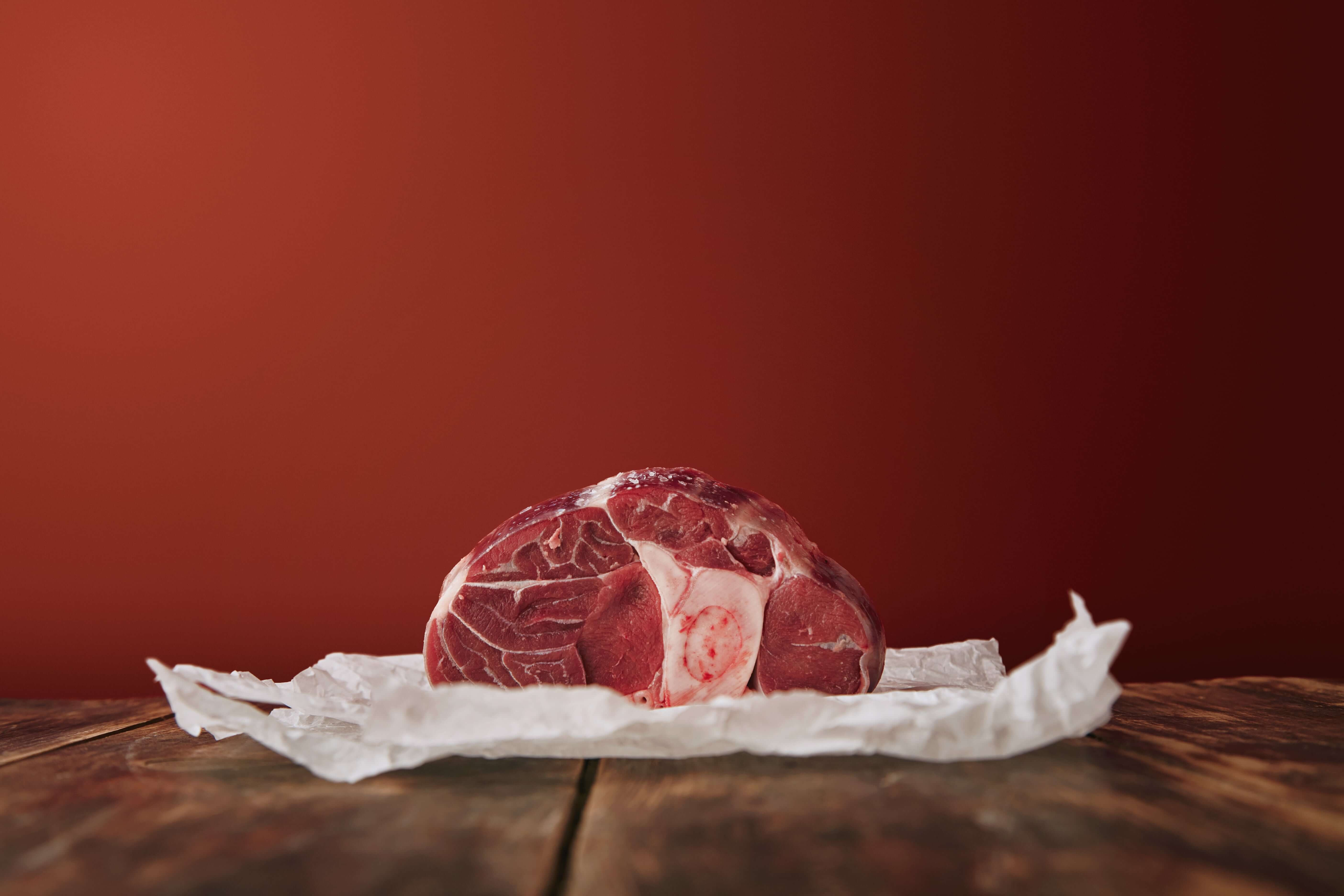
What’s more, products containing the following ingredients will be regarded as Haram as well:
- Alcohol
- Yeast (microbial enzymes are excluded)
- Gelatin (fish gelatin is excluded)
- L-cysteine (if obtained from human body hair)
- Lipase from animals
- Rennet (unless it is composite or extracted from plants, microorganisms, or animals undergone Halal slaughter)
The overwhelmingly intricate restrictions have been leaving entrepreneurs puzzled. As a result, some unethical companies see Halal certification as an opportunity for earning filthy lucre and therefore undertake corporate frauds. Nowadays, Halal verification may provoke international controversies.
The Export Crisis of South Korean Instant Noodles
From the examples above, Halal certification is widely known for its strict standards. To export to countries with large muslim populations, Halal verification will be one of the essential process. However, many countries with small muslim populations doesn’t have strict Halal standards, giving chances for untruthful companies to produce fake Halal lables through loopholes. Such frauds have caused controversies around the world. Recently, the renowned dispute is South Korean instant noodles meant to be exported to Indonesia.
In 2017, the National Agency of Drug and Food Control (BPOM) found four instant noodle products from South Korea that contain pig-related ingredients. The products were Samyang U-Dong Noodles, Samyang Kimchi Ramen, Ottogi Yeul Ramen, and Nongshim Shin Black. The Indonesian authority immediately requested the product to retreat from the market after investigation. Even with Halal labels applied in South Korea, the products still caused controversy when exported to Indonesia.
Subsequently, the Korean government noticed the issues regarding fake Halal verification: in order to expand potential audiences and attract muslims to buy, companies attach Halal labels on their products without going through any formal verification process. The lack of proper regulations and awareness are the main causes of Halal label frauds. Currently, the Korean authority is working on regulating Halal standards to protect the rights of muslims.
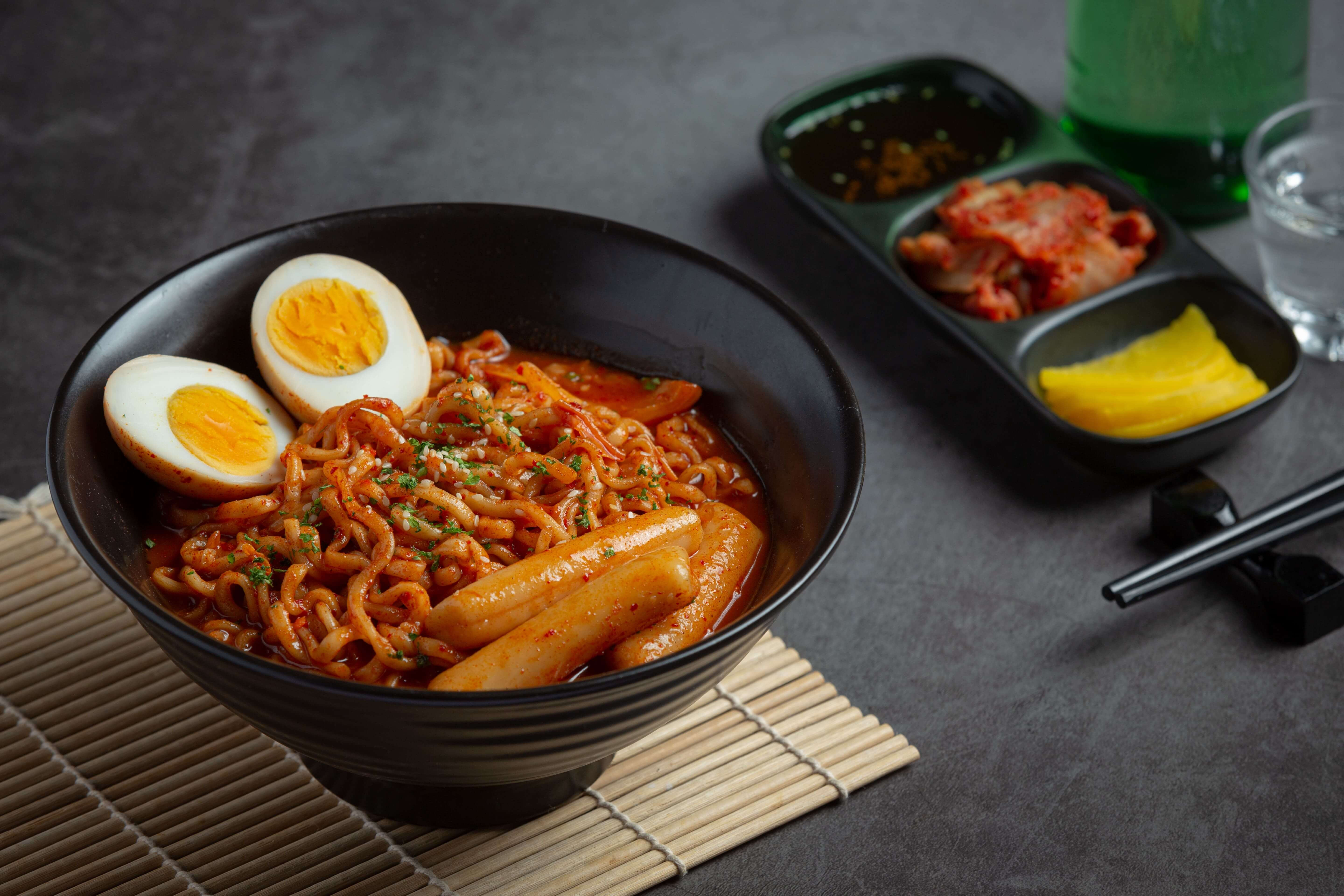
From the above-mentioned instance, in addition to inspection of Haram ingredients and collaboration with Halal brands, companies also have to seek reliable institutes for Halal certification. What, then, are the reliable verification institutes for innocuous export? If you want to expand your business in Indonesia and Malaysia, these are the two Islamic institutes that you must know.
Internationally Reliable Institutes for Halal Verification
The Assessment Institute for Foods, Drugs, and Cosmetics Majelis Ulama Indonesia (LPPOM MUI)
Majelis Ulama Indoensia (Indonesian Ulema Council, often referred as MUI) is the largest Islamic institute of Indonesia that administers refulations of Muslim’s daily life. Several Islamic groups such as Nahdlatul Ulama and Muhammadiyah are subordinate to MUI. Not to mention the two institutions that manage Halal-related affairs, including LOPPOM MUI and Fatwa Committee. The former is in charge of Halal verification while the latter is responsible for approving the result of the verification. When approved, LOPPOM MUI will issue Halal certification letters.
Official website: https://halalmui.org/mui14/
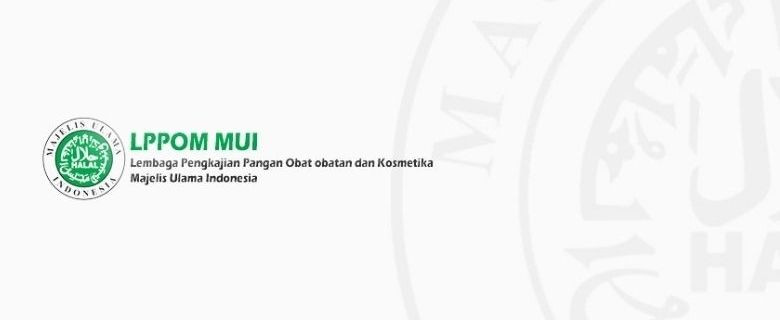
Department of Islamic Development Malaysia (JAKIM)
Every state and province of Malaysia as well as multiple domestic institutions have developed their own certification systems. But when it comes to the most reliable and valid one, it must be JAKIM. Malaysia is known for the longest history of Halal verification; therefore, it has fully-developed regulations. Halal affairs were initially managed by Islamic Affairs Division of the Prime Minister’s Office. It was in 2002 that Malaysia established JAKIM for administering religious affairs and various welfare for muslims, including the implementation of Halal verification.
Official website: https://www.islam.gov.my/en/
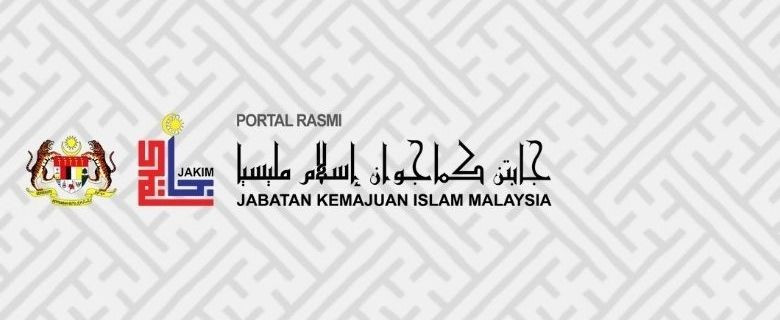
Halal Verification Agencies in Other Countries
Besides Indonesia and Malaysia, there are other countries with agencies specified for the certification. To keep abreast with the latest developments of Halal verification in certain countries, click and follow the links below:
- Singapore: Majlis Ugama Islam Singapura (MUIS)
- Thailand: Central Islamic Committee of Thailand (CICCOT)
- Vietnam: Government Committee for Religious Affair (GCRA)
- Pakistan: Pakistan Halal Authority (PHA)
- Türkiye: Turkish Standards Institution (TSE)
- UAE: Emirates Authority for Standardization and Metrology (ESMA)
- Saudi Arabia: Saudi Food and Drug Authority (SFDA)
As for countries or regions without relevant official agencies, the mutual recognition system has become prevalent in the globe: as long as any Halal certification body (hereinafter HCB) is recognized by and subordinate to a national certification institution. The body is able to issue certificates with the same legal effectiveness as certificates issued by the authorities. HCB is widely spread throughout the world. For instance, JAKIM from Malaysia has authorized certificates issued by 50 HCBs from 33 countries and regions.
Permission to the Islamic World: Benefits of Halal Verification
As the market of the current age emphasizes more the importance of Muslim cosumers as the target audience, there have been international verifications and sales compaigns aimed for the Islamic market. Under these circumstances, a Halal certificate is no longer limited to be valid in a certain country to export. Indonesia has the world’s largest market for Muslim. In the meanwhile, Malaysia has the most comprehensive verification process in the globe. Hence, Halal labels issued by institutions from the two countries remain valid even if the products are exported to Central Asia, Middle East, Northern Africa, or even any country with Mulsim communities around the world.
In addition, nowadays, Halal verification is not only for religious purposes. Many modern morals for enterprises de facto correspond to Islamic laws: be it humane slaughter, prohibition of child labor, or eco-friendly production. What Islamic laws advocate finely correspond to modern ethics such as ESG and prohibition of exploitation. Therefore, Halal verification has gradually become a way to prove that a company is attentive to corporate social responsibility, which attracts to even non-Muslim cosumers.
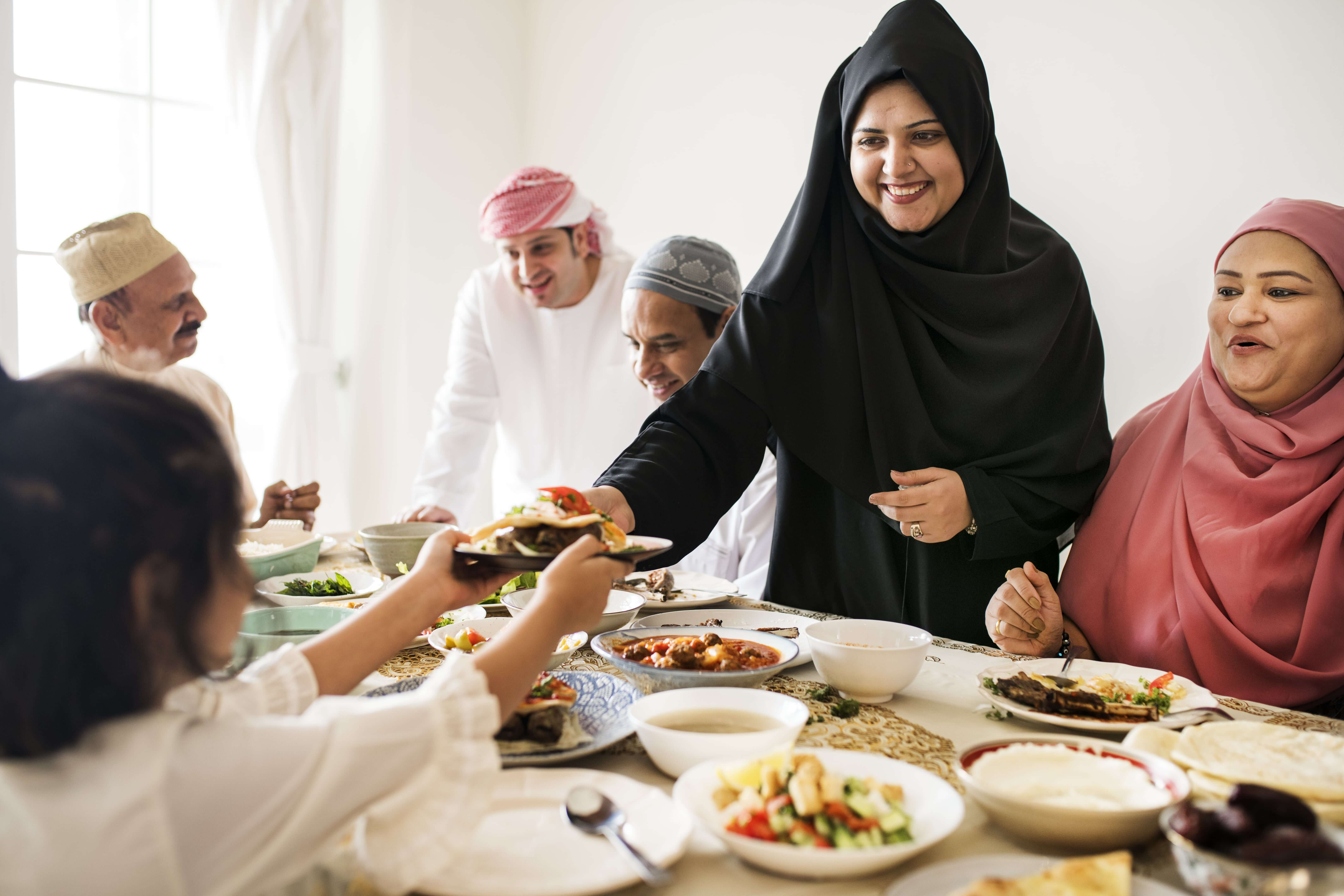
Time to Enter Islamic Market!
The standards and processes of Halal certification may alter due to policies of the country from time to time, so consulting exports of relevant affairs is recommended before exporting to your target market. For now, the population of Muslims has reached 1.8 billion people, causing a huge impact on the global market; as long as your products are labeled by reliable institutions, you’ll be able to earn from a huge target audience. Finally, I’d like to inform entrepreneurs who are planning to expand their business in the Muslim market: despite the strong effectiveness of certificates issued by Indonesian and Malaysian institutes, you better assure the standards of other countries if you’re planning to export to states other than the two Southern East countries.

